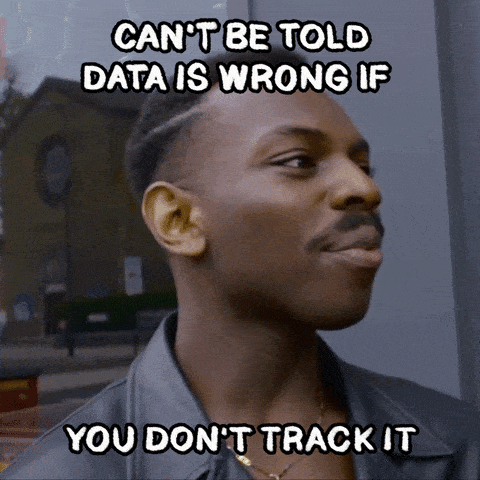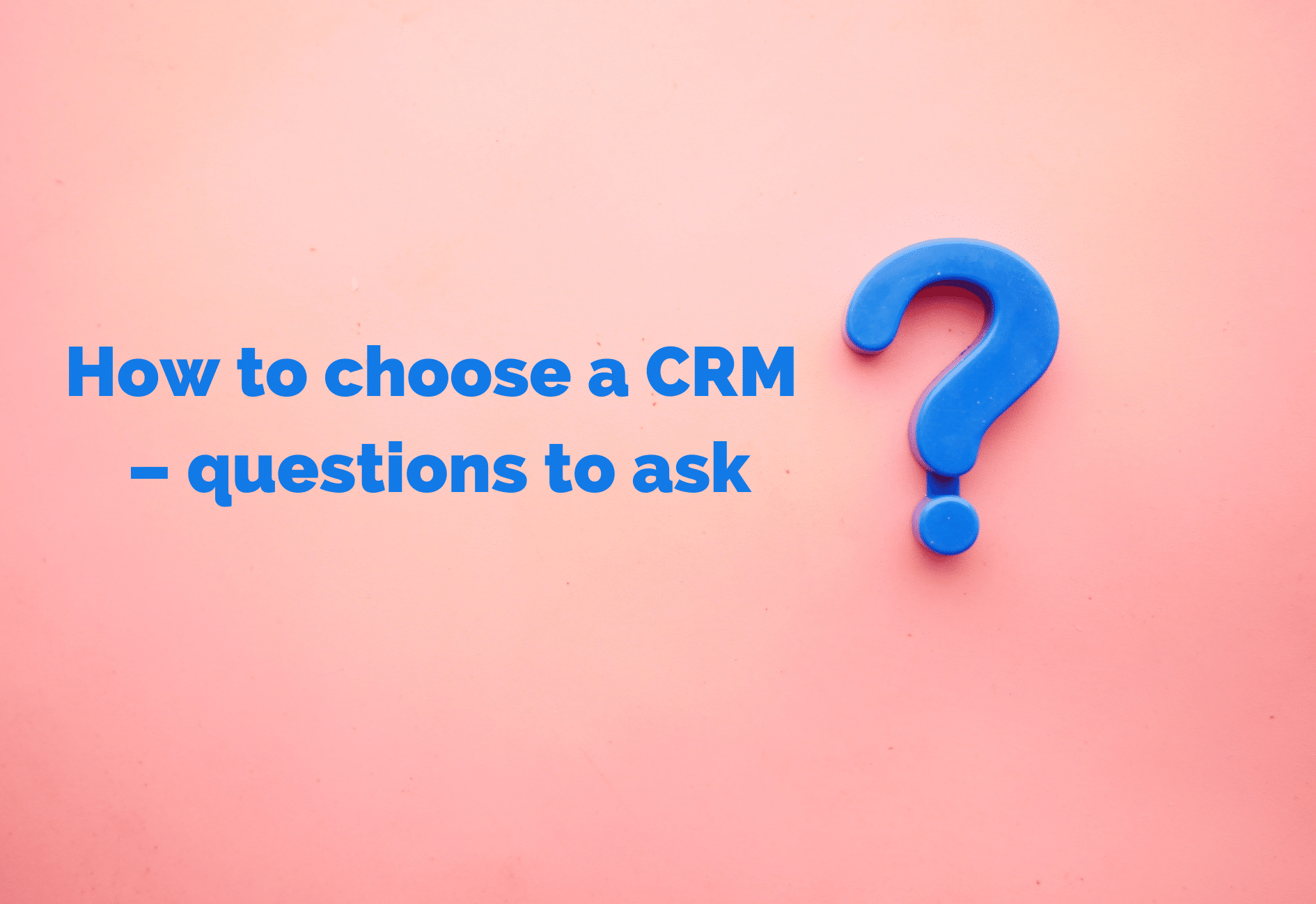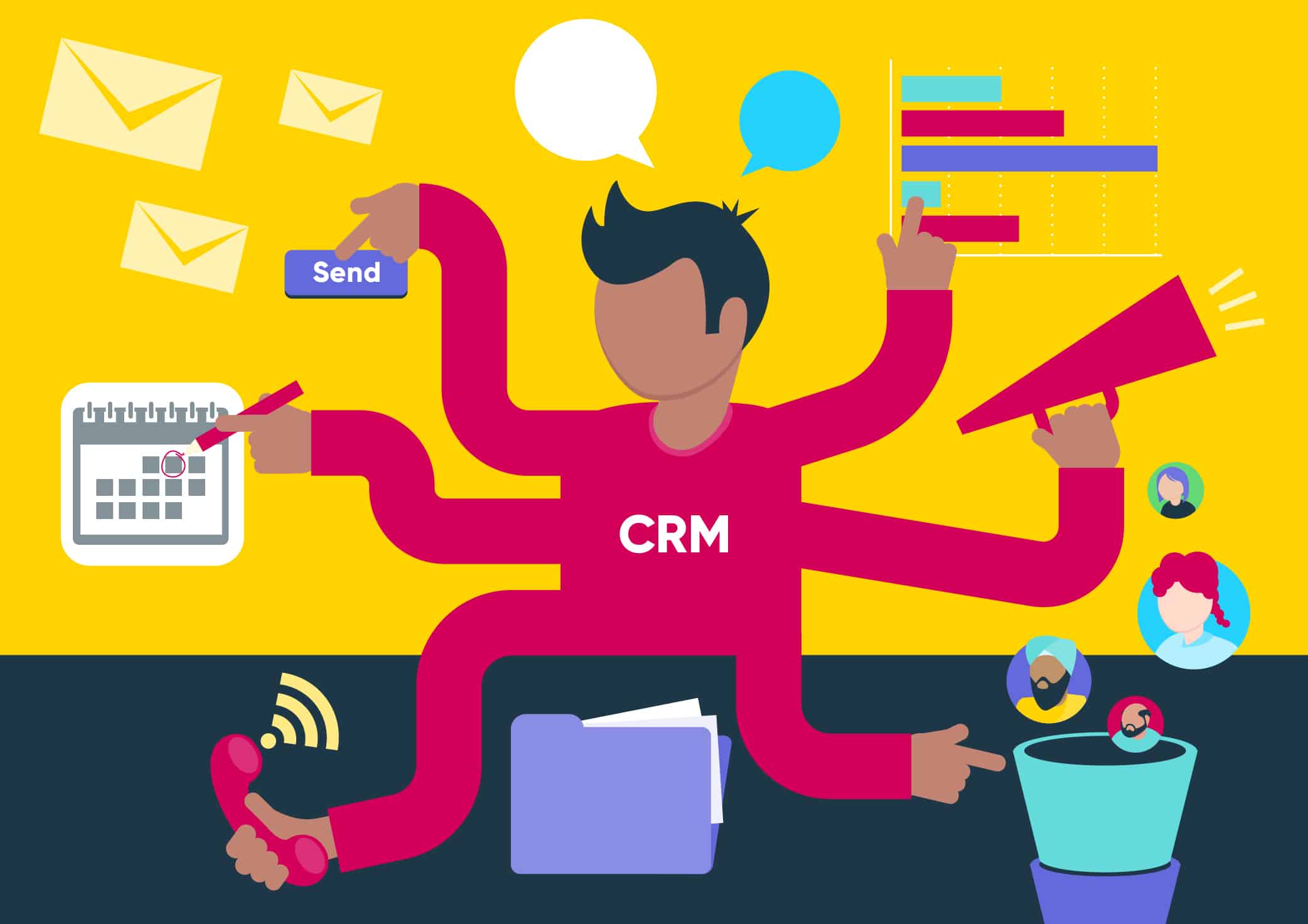Customer relationship management (CRM) software – we’ve all had an experience with it in one form or another, which leads many people to ask the same question: do I need a CRM?
Imagine you buy a brand new Lamborghini, but you never actually learned how to drive – you’ve got a very powerful piece of kit at your fingertips, but no idea how to use it.
A CRM (in some ways) is just like that Lamborghini. Many businesses pick up a CRM thinking that it’s going to revolutionise their workflow and boost their profits. We don’t blame you if that’s happened; many CRMs make grandiose claims about the greatly ‘improved productivity’ and ‘boosted profits’ you’ll achieve with their software – rubbish.
The truth of the matter is that utilising a CRM takes hard work and time – like with everything in the world, you get out only what you put in, so you need to understand how to use it properly.
This is the downfall of many businesses who pick up a CRM, only to feel that they’re wasting their money after a few months – CRM software is not a cure-all.
At Catalyst, we believe that honesty and transparency is important (especially in our line of work). We’re a HubSpot Platinum Partner, which means that we believe that HubSpot’s CRM is the most complete CRM solution out there, and is perfect for most businesses.
However, just like a Lamborghini isn’t right for your grandma’s weekly shop, HubSpot’s not for everyone, and that’s completely fine.
The most important thing for your business is finding a CRM that is compatible with your current processes and is going to help your business succeed (you’ll be using it every day, it’s got to be good).
We’ve created this mini guide on choosing the right CRM for you to help make sure you don’t waste your money on software that’s not right for your business.
Is a CRM important?
The truth? Yes and no.
Many marketing agencies will tell you that without a CRM, your business will crash and burn, profits will be disastrous, and an apocalypse will start.
In reality, businesses have been functioning without contemporary CRM systems for decades. Before specialised CRM software, there were spreadsheets and contact lists. Before this, there were filing cabinets, and before that, well, you get the picture.
Could these businesses be more efficient with a properly implemented CRM? Definitely. Do they need one? No, it’s not essential, but highly recommended.
The same principle applies to a tiny start-up with a handful of employees. CRM platforms are an excellent way to handle large quantities of customer data, to automate marketing efforts, manage sales pipelines and much more. Tiny businesses might not need this all yet, although getting it implemented early and getting everyone used to using it does have its merits.

So, is a CRM important? Yes, if your business wants to streamline its workflow and manage larger quantities of data. Not so much if you’re a young business handling small amounts of data, or if you’re reluctant to change your processes that are working (we still recommend a CRM, but it’s not essential).
How to choose a CRM – questions to ask

There are a few questions that you’ll need to ask, and a fair amount of reflection that’s required before jumping in.
What are the essential features you need?
Generally, the most essential features are as follows:
- Contact management – Keep track of your contacts in a central directory. This keeps track of contact information and conversations you’ve had with each individual.
- Sales pipelines – A visual representation of your sales process, allowing you to see where your leads are in your funnel at a glance.
- Email marketing – Sending emails to prospects is laborious and time consuming. A good CRM should allow you to automate this process to save time and money.
- Sales reporting – Understanding what’s selling well, and what isn’t selling so well is essential. Your CRM should include reporting tools that clearly show revenue won and lost.
- Lead management – Nurture and qualify leads, keep track of everything and don’t let anyone slip through the cracks. This helps you to turn prospects into sales qualified leads.
You’ll also want to put together a second list of optional ‘nice to have’ features. This might include time tracking tools, scalable pipelines, collaboration functions etc., this depends on what exactly you plan on using the CRM for.
What are your business goals?
Are you looking to grow exponentially? Or perhaps you’re looking to improve customer service to make current customers’ experiences better.
CRMs help to keep track of leads and improve efficiency, which should be important to every business. Determine exactly what your goals are before you start shopping around for a CRM.
Not only this, but many CRMs include GDPR/data protection compliance features to help you ensure that your business is compliant at all times.
Is this CRM compatible with mission critical software?
If you use a piece of software every day, your CRM shouldn’t kick in the doors and demand you stop.
The right CRM for you will integrate with any mission critical software seamlessly, allowing you to continue using it and, in some cases, get more out of it.
You may need a little help connecting systems via APIs (a type of software that connects two other types of software).
Do I need reporting features?
Good reporting features can prove to be incredibly important to many businesses. Data collected by the CRM can paint a picture of how well your business is performing – wins, losses, and key areas of improvement, all in one place.
Yes, you do want reporting features; it will help you adjust your business practises to best suit the people who are actually buying your product/service.
Ask your team about their needs
CRM software is exclusively used by sales teams…

A good CRM will have the contact management essentials, but will also come with tools specifically designed for salespeople, marketers, customer service, operations, owners… everyone, basically. Each department will have a touchpoint along the customer relationship journey; it makes sense for them to have access to the tool.
This means it’s important to ask everyone about what they feel needs to be improved in their day-to-day life. They might have experience with CRMs from previous employment, they may have preferences, or they might offer you insight on something you’ve not considered yet.
You can also talk to partners and other businesses to find out what CRM software they use (and how happy they are with it).
What CRM is right for your business?
We could sit and detail every CRM, run through the pros and cons and try to find an answer for you, but we’d be here for hours.
Our predominant recommendation (perhaps obviously) is HubSpot’s CRM. At its core, it’s free, but you can upgrade to access advanced features. The reason we love HubSpot’s CRM is because it brings everything together onto a single platform; no more bouncing between software, forgetting where things are saved and not being sure that what you’re using is compatible.
That being said, you have to choose the CRM that’s suitable for you. Take your list of mission critical software and make sure that any CRM you consider is compatible with this, or can replace and improve them. You want your CRM to slot nicely in with your current processes; there shouldn’t be much friction (there will always be a little as people get used to it!).
